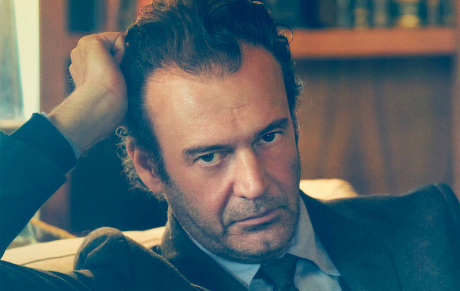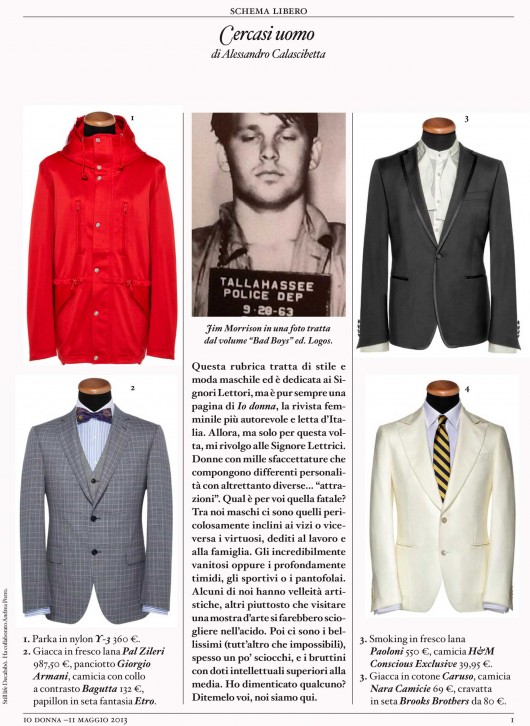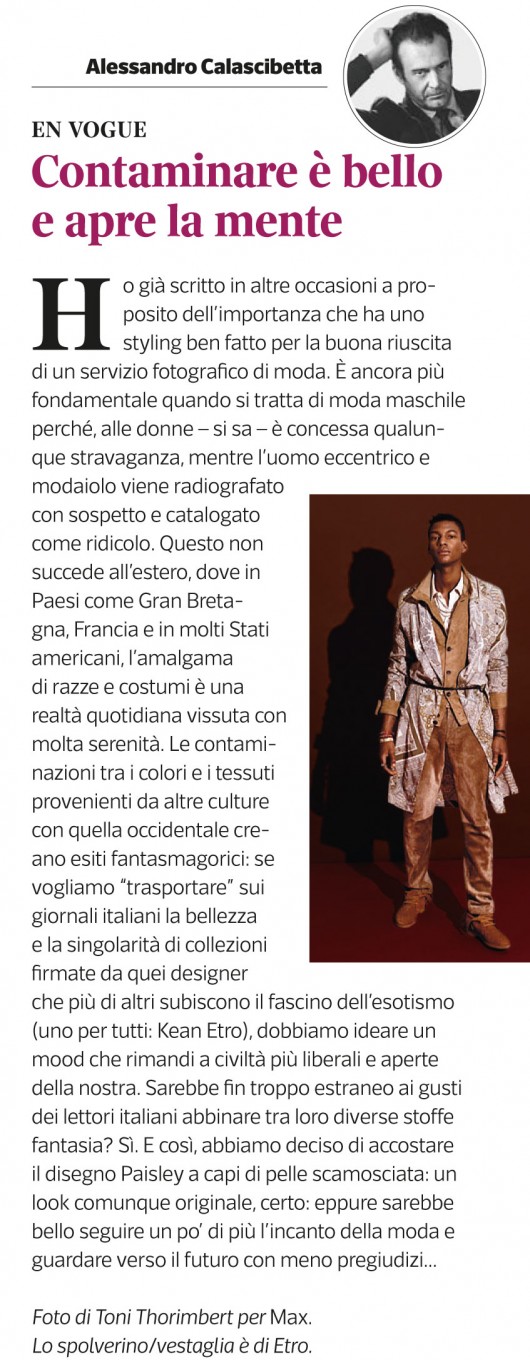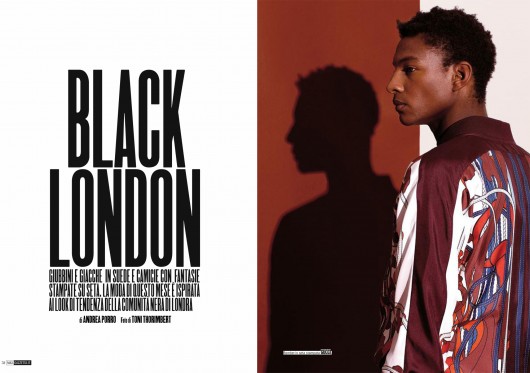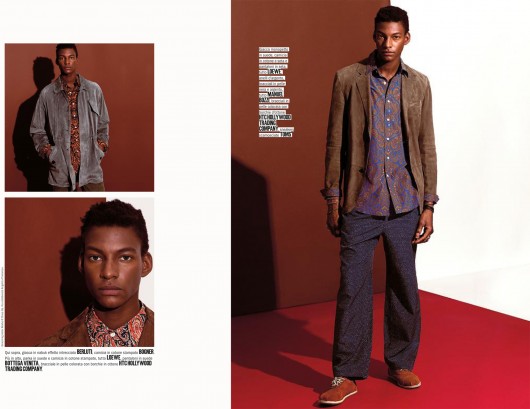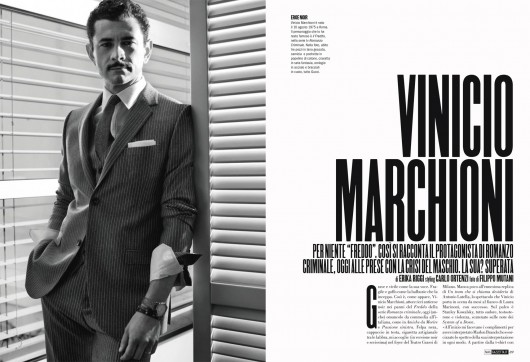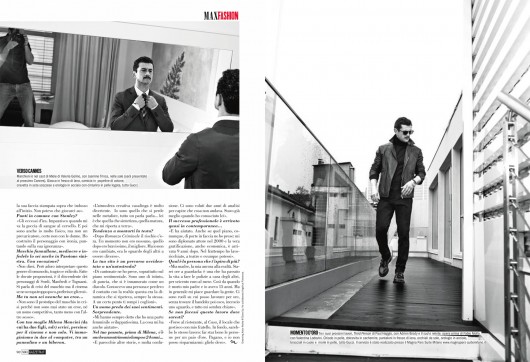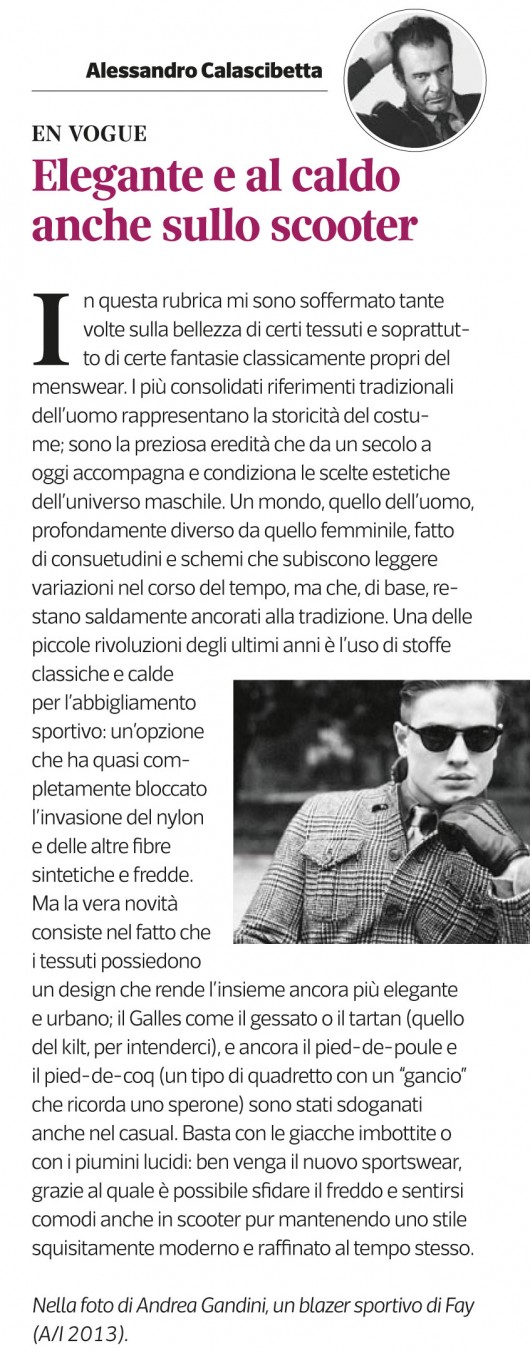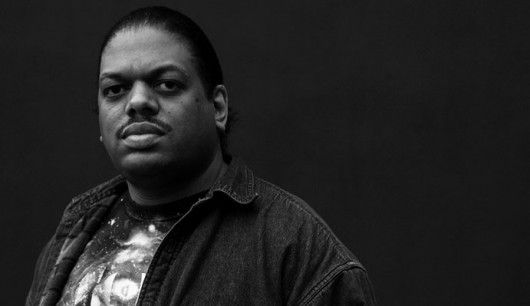
L’house music ha ormai assunto molteplici sfaccettature determinate da un’evoluzione, che ne ha forse confuso le vere origini. Ma quando si parla di deep house di certo non si può non citare il nome di Kerri Chandler. Nato nel New Jersey nel 1969, sin da piccolo Chandler eredita dal padre dj la passione per la musica che, in quegli anni intensi e ricchi di stimoli, divampa in lui sempre più viva e accesa. Chandler inizia poi a frequentare i club newyorkesi durante il periodo clou della deep-house, nei quali si esibivano i migliori dee jay dell’epoca, ricordati tutt’oggi come miti indiscussi. Progresso, innovazione e azzardi non rientrano nel mood di Kerri Chandler, eterno affezionato e fedele alla cassa piena e a campionature di suoni profondi che ne svelano il vissuto invidiabile. Ritmo, strumenti musicali e voci nere, graffianti e no, regnano sovrani nei suoi set, ma anche nelle sue innumerevoli produzioni distribuite dalle migliori label mondiali. Si potrebbe parlare per ore di quei tempi, ma vi consiglio di premere il pulsante “play” su un suo podcast o su un video disponibile su YouTube per essere catapultati nelle atmosfere soul e uniche dei club più esclusivi della East Coast degli anni ‘90. Testo di Alessandro Doria
Hause music has changed in many ways through its evolution so there is an element of confusion about its origins. Talking about deep house, how not to mention Kerri Chandler? Chandler was born in New Jersey in 1969, his dad was a dj and since Kerri was very young he always had passion for music which became stronger and stronger through the years. Later on while the deep house was booming, he used to go to the best New York clubs where the best djs of the 90s were playing (they are still remembered as legends). Progress, innovation and hazards are not his style, he’s always been faithful to his deep sound samples and his whole speaker system, you can tell by those habits he had an enviable past. His dj sets are based on rhythm, instruments and scratchy (or not) black voices, that also applies to the music he produces in collaboration with the best music labels worldwide. We could keep on talking about those days for hours but instead I recommend to find one of his podcasts or videos on youtube and press “play”, that should be enough to take you back to the top clubs of the 90s on the East Coast where the atmosphere was truly unique. Testo di Alessandro Doria
SHOP THE LOOK
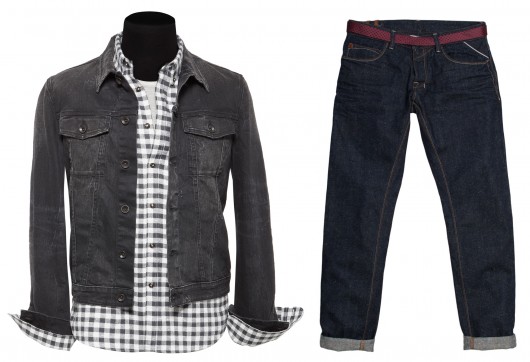
Giubbino in denim J Brand, camicia in flanella Mauro Grifoni, tshirt in cotone Acne.
Cinque tasche in denim Nine in the Morning.
